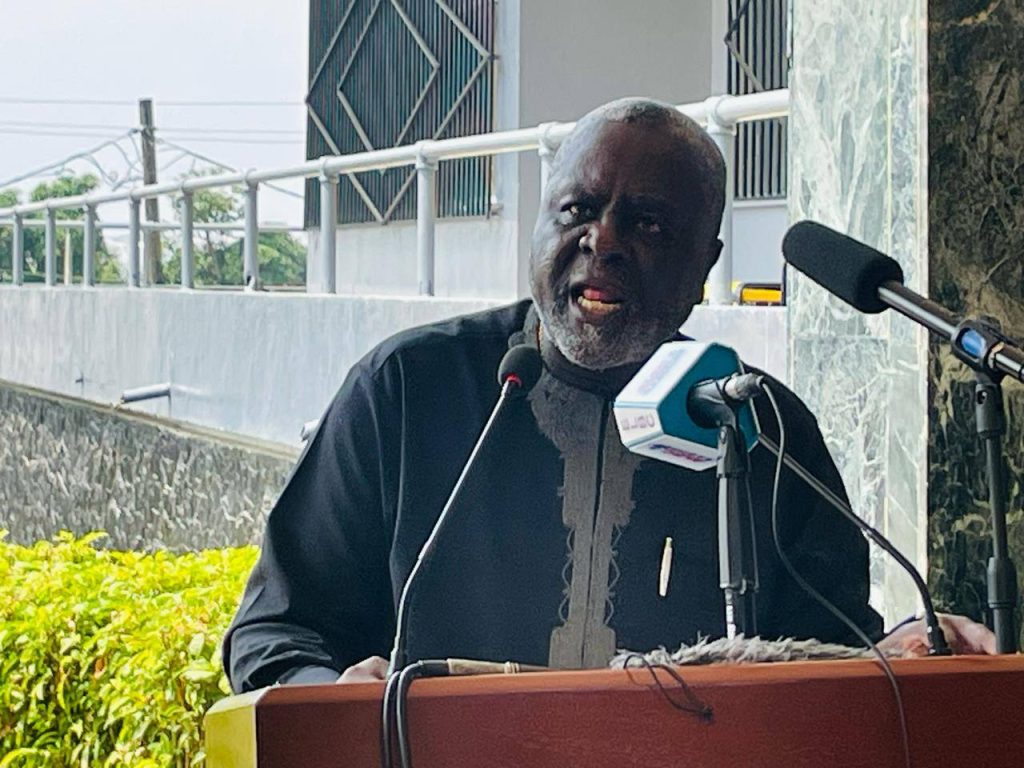Liberia stands poised to potentially reclaim a seat on the United Nations Security Council, a position it last held 65 years ago. This aspiration represents more than just a symbolic return; it signifies a strategic move with the potential to usher in a new era of economic growth and international prominence for the West African nation. The June elections, in which 193 UN member states will vote to fill ten non-permanent seats on the council, present Liberia with an opportunity to re-engage with global diplomacy at the highest level. This renewed engagement comes at a critical juncture for the country, as it seeks to consolidate its democratic gains and navigate a complex geopolitical landscape.
The Security Council, the UN’s principal organ for maintaining international peace and security, consists of five permanent members with veto power and ten rotating non-permanent members elected for two-year terms. Securing a seat on this influential body would grant Liberia a voice in shaping global responses to pressing security challenges, from conflict resolution to counter-terrorism efforts. It would also provide a platform to advocate for African interests and contribute to shaping the continent’s future. Liberia’s campaign, spearheaded by President Joseph N. Boakai, aims not only to secure international support but also to foster national unity amidst a politically divided populace. The bid for the Security Council seat is being presented as a common national goal, transcending political differences and rallying Liberians around a shared aspiration.
Liberia’s historical involvement with the UN Security Council dates back to the post-World War II era, a time of nascent independence movements across Africa. During its previous term, shared with Ireland, Liberia leveraged its position to champion the cause of African unity and independence. It played a pivotal role in advocating for decolonization, mediating international disputes, and supporting UN peacekeeping missions, notably during the Congo crisis. This historical legacy underscores Liberia’s commitment to peaceful conflict resolution and its dedication to the principles of multilateralism. The current bid seeks to build on this legacy and re-establish Liberia as a key player in international diplomacy.
Ambassador Lewis G. Brown, Liberia’s Permanent Representative to the UN, has expressed optimism about the potential economic benefits of securing a Security Council seat. He draws parallels to the economic growth experienced during President William V.S. Tubman’s administration, coinciding with Liberia’s previous term on the council. A seat on the Security Council is expected to enhance Liberia’s international standing, attracting foreign investment, stimulating job creation, and fostering overall economic development. This renewed global engagement is viewed as a catalyst for progress, potentially boosting Liberia’s recovery from past conflicts and economic challenges.
This time, Liberia’s two-year term would allow for a more sustained and impactful contribution to the council’s work. The nation aims to champion issues crucial to African development, including peacebuilding, security, and sustainable development. It seeks to leverage its experience in post-conflict recovery to contribute to international efforts to address the root causes of conflict and promote lasting peace. Furthermore, Liberia intends to actively participate in discussions on climate change, a pressing global issue with significant implications for developing nations.
The upcoming elections are a pivotal moment for Liberia. A successful bid for the Security Council seat would not only mark a significant historical milestone but also offer a unique opportunity to contribute to global peace and security while advancing national interests. The anticipated economic benefits, coupled with the potential for enhanced international standing, make this a crucial juncture in Liberia’s journey on the world stage. The outcome of the June elections is eagerly awaited, with the hope that Liberia will once again take its place among the nations shaping the future of international relations.


